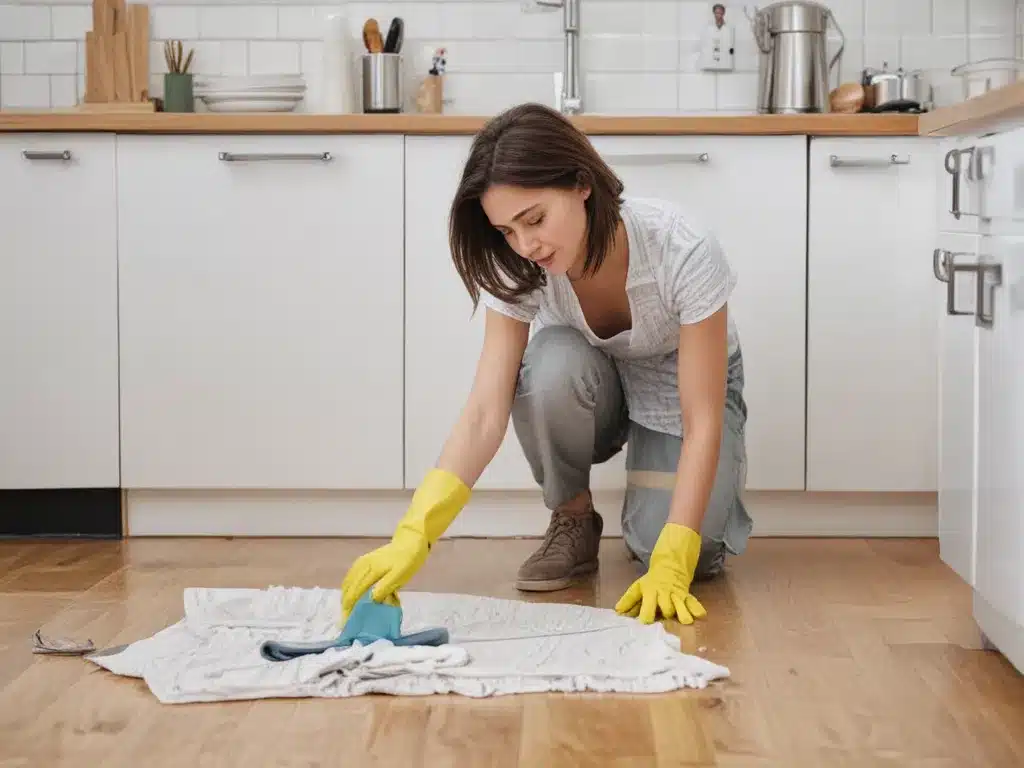Your Toothbrush
You should replace your toothbrush or toothbrush head every 3 months. After 3 months, the bristles become frayed and worn down. This reduces their effectiveness at removing plaque and bacteria from your teeth. Continuing to use an old toothbrush beyond this point can lead to:
- Tooth decay – Worn bristles cannot remove plaque as effectively. Plaque buildup leads to cavities.
- Gingivitis – Inflamed and bleeding gums from bacteria buildup. This is reversible if caught early.
- Bad breath – Bacteria growth on the toothbrush causes bad breath.
You can prolong the life of your toothbrush by:
- Rinsing thoroughly after each use and allowing to air dry.
- Storing upright in an open container to allow circulation.
- Avoiding sharing toothbrushes to prevent transfer of bacteria.
- Inspecting the bristles and replacing once frayed or bent out of shape.
But regardless of care, you should not go beyond 3 months without replacing your toothbrush. The effectiveness degrades over time. Set a reminder to swap your brush quarterly.
Your Pillows
You should wash pillows every 6 months to 1 year. Here’s why:
- Body oils and dirt accumulate on pillowcases nightly. This transfers to the pillow filling over time.
- Dust mites take up residence in pillows and multiply rapidly. Their waste builds up.
- Mold and mildew can grow in the stuffing from moisture.
Using a protective pillow case can extend the time between washings. But even with covers, washing twice a year is ideal for:
- Hygiene – Removes buildup of oils, sweat, and dust mite waste.
- Allergies – Reduces allergens like pollen, pet dander, and mold.
- Odors – Freshens pillows scented with hair products, drool, etc.
- Appearance – Brightens and fluffs pillows flattened from use.
Wash foam or poly-fill pillows in the washing machine on a gentle cycle with mild detergent. Add tennis balls to balance the spin and fluff up stuffing. Air dry thoroughly before use.
Your Towels
Ideally, wash towels after 3 uses. Shower towels used daily should be washed at least once a week. Any longer than this risks:
- Bacteria growth – Wet towels foster bacteria growth quickly. Staph, E. coli, and candida spread easily.
- Mildew and musty smells – Leaving towels crumpled wet promotes mildew growth.
- Dinginess – Soap scum, body oils, and dead skin cells accumulate.
To make towels last longer between washes:
- Hang to dry thoroughly – Don’t leave wet towels balled up in the hamper.
- Avoid sharing towels – This spreads germs person to person. Use personal towels.
- Use a fresh towel after sickness – Change all towels to avoid re-exposure to germs.
- Wash in hot water – Use the hottest water recommended for fabric and add bleach.
But even with proper care, towels should be washed at minimum after 3 uses. Don’t go longer than 5 uses without a wash.
Your Sheets
Sheets should be washed every 1-2 weeks. Here’s why:
- Your body sheds skin cells – Over 100,000 per day! These accumulate in sheets.
- You sweat at night – perspiration contains oils and bacteria.
- Dust mites are rampant – They thrive on dead skin cells and moisture.
You may be able to stretch your sheets to 3 weeks if:
- You shower at night.
- Have no pets sleeping in bed.
- Use a mattress cover and top sheet to protect your comforter.
Wash sheets weekly during illness, allergies, hot weather sweating, or itchy skin. Use hot water, the highest spin, and added bleach to kill germs and remove buildup in the fabric. Make your bed with clean sheets for a fresh start each week!
Your Kitchen Sponge
Kitchen sponges should be sanitized daily and replaced weekly. With heavy use they can become germ cesspools!
- Bacteria multiplies rapidly in the warm, moist environment.
- Salmonella, E. coli, staph and listeria thrive.
- They can harbor yeasts and mold undetected.
Here’s how to make sponges last a week:
- Rinse thoroughly after use and allow to dry completely.
- Sanitize daily – Microwave for 1 minute or soak in diluted bleach solution.
- Never use on raw meats – Bacteria transfers to other foods. Use paper towels instead.
- When odorous, slimy or torn – replace immediately.
With proper care and frequent sanitizing, kitchen sponges can safely last 5-7 days before needing a change. But be sure to swap them at least weekly!
In Conclusion
Maintaining good hygiene requires cleaning these household items regularly:
- Toothbrushes – 3 months
- Pillows – 6 months to 1 year
- Towels – After 3 uses minimum
- Sheets – 1-2 weeks
- Kitchen sponges – 1 week
Set reminders to adhere to these timelines. Proper cleaning and replacement keeps your home fresh and healthy! Let me know if you need any clarification or have additional questions.







